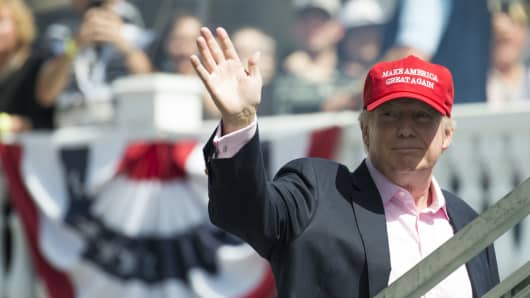Once again, America is pretty much split down the middle over a political controversy. Democrats and the Left in general are obsessing over continued allegations of Russian collusion with President Donald Trump's 2016 campaign.
Republicans, and the Right in general, are pooh-poohing the whole thing. That kind of partisan split over a scandal or alleged scandal is nothing new.
Still, there is more general agreement that the Trump team has been sloppy and less professional that it should be, in everything from its communications operation to how it's handled its hiring. President Trump is the source of most of this criticism, as he continues to communicate with the public in a casual and often reckless way on Twitter, and even on camera.
Actually, a lot of Americans find the unrehearsed and clumsy veneer of the Trump administration to be refreshing. It's obvious that a lot of voters preferred a sloppy yet more genuine candidate like Trump, who contrasts sharply with the very tight and packaged Hillary Clinton. It just seems more real, and in an image-dominated field like politics, that's a big deal.
But the Trump amateurishness is really just the latest example of a massive sea change in Republican and Democrat voter attitudes that previous generations could never have fathomed. The simple fact is that Americans have abandoned the idea of wanting an experienced hand to be their president, or at least making that a prerequisite for the office. And the proof is in the results of every presidential election since 1992.
Most are probably too partisan to digest the following sentence calmly and fairly, but here goes: U.S. voters have elected four non-qualified presidents in a row.
By "unqualified" I mean simply being without the very basic resume bullet points that anyone running for president prior to the current era would consider absolute bare necessities to even gain a major party nomination.



